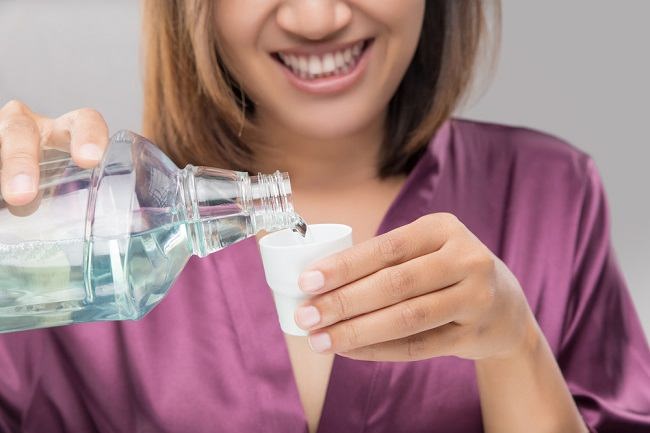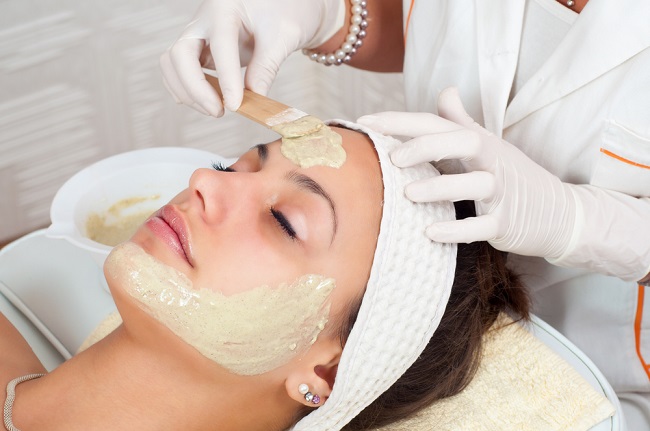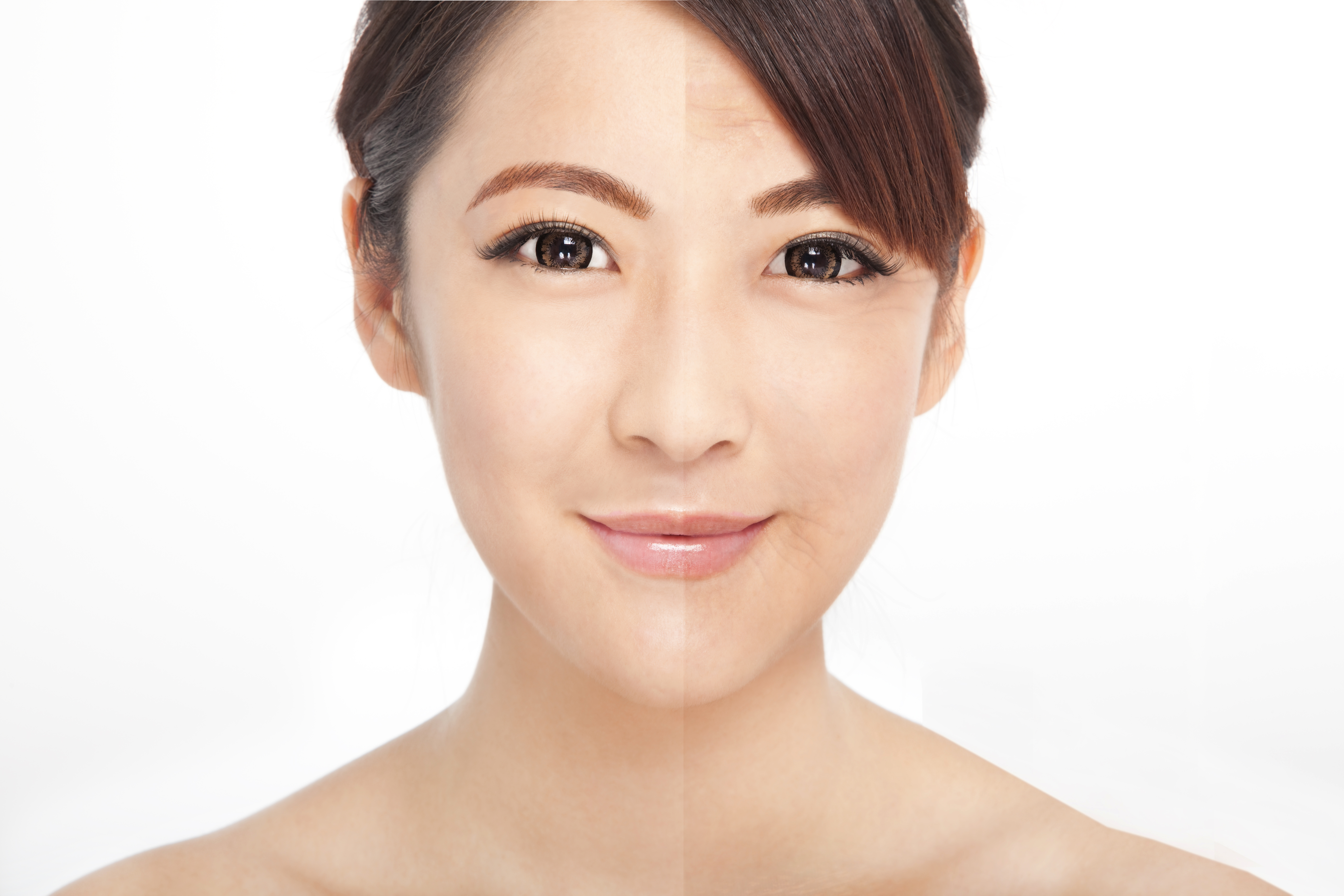Water allergy is characterized by the appearance of reactions on the skin when in contact with water, including rain, tears, or even sweat. Although quite rare, water allergies can be experienced by anyone. This certainly raises its own anxiety, considering that water is the main human need.
Water allergy in medical terms is known as aquagenic urticaria, which is a condition when the skin experiences an allergic reaction, in the form of a red and itchy rash, after exposure to water. The reactions that occur in water allergies are very similar to common hives, so they are often difficult to tell apart.

Possible Causes of Water Allergy
Water allergies can occur when the surface of the skin comes into contact with various types of water sources, including tap water, pool water, rainwater, sweat, tears, and snow. Until now, the exact cause of a person experiencing water allergies has not been found.
Researchers say that chemical compounds in water, such as chlorine, can trigger an immune response in the form of histamine release. This is what causes an allergic skin reaction. So, the symptoms that appear may not be caused by water, but by allergens (allergy triggers) that dissolve in water.
Another possibility is the interaction between water and substances on the skin that produce toxic materials for the body, thus triggering an allergic reaction as a form of resistance to these toxic substances.
Water Allergy Symptoms
Symptoms of a water allergy are more or less similar to hives, namely the appearance of a red rash, itching or burning sensation, to inflammation of the skin. These symptoms can appear in any area of the body that comes in contact with water.
Although rare, water allergy symptoms can also occur after consuming water. The following are some of the symptoms of a water allergy:
- Rash around the mouth
- Difficult to swallow
- Wheezing
- Difficult to breathe
These complaints can appear a few minutes after contact with water. Water allergy symptoms will begin to decrease at least 30-60 minutes after the body is dried and kept away from exposure to water.
How to Overcome Water Allergies
Just like allergies in general, there is no effective treatment for water allergies to date. However, there are several treatment options that can relieve the symptoms that appear.
Before determining the type of treatment, the doctor will first conduct an examination to determine the cause and how severe the complaints are.
From the results of the examination, the doctor will provide treatment according to the patient's condition. Types of drugs that can be given are antihistamines to treat allergy symptoms or corticosteroids to help deal with inflammation. These drugs can be taken by mouth, smeared, or injected.
Because water allergies are very rare, you are advised to immediately consult a doctor if you experience any of the symptoms mentioned above. The sooner the examination is carried out, the faster the treatment to relieve the allergies you are experiencing.









